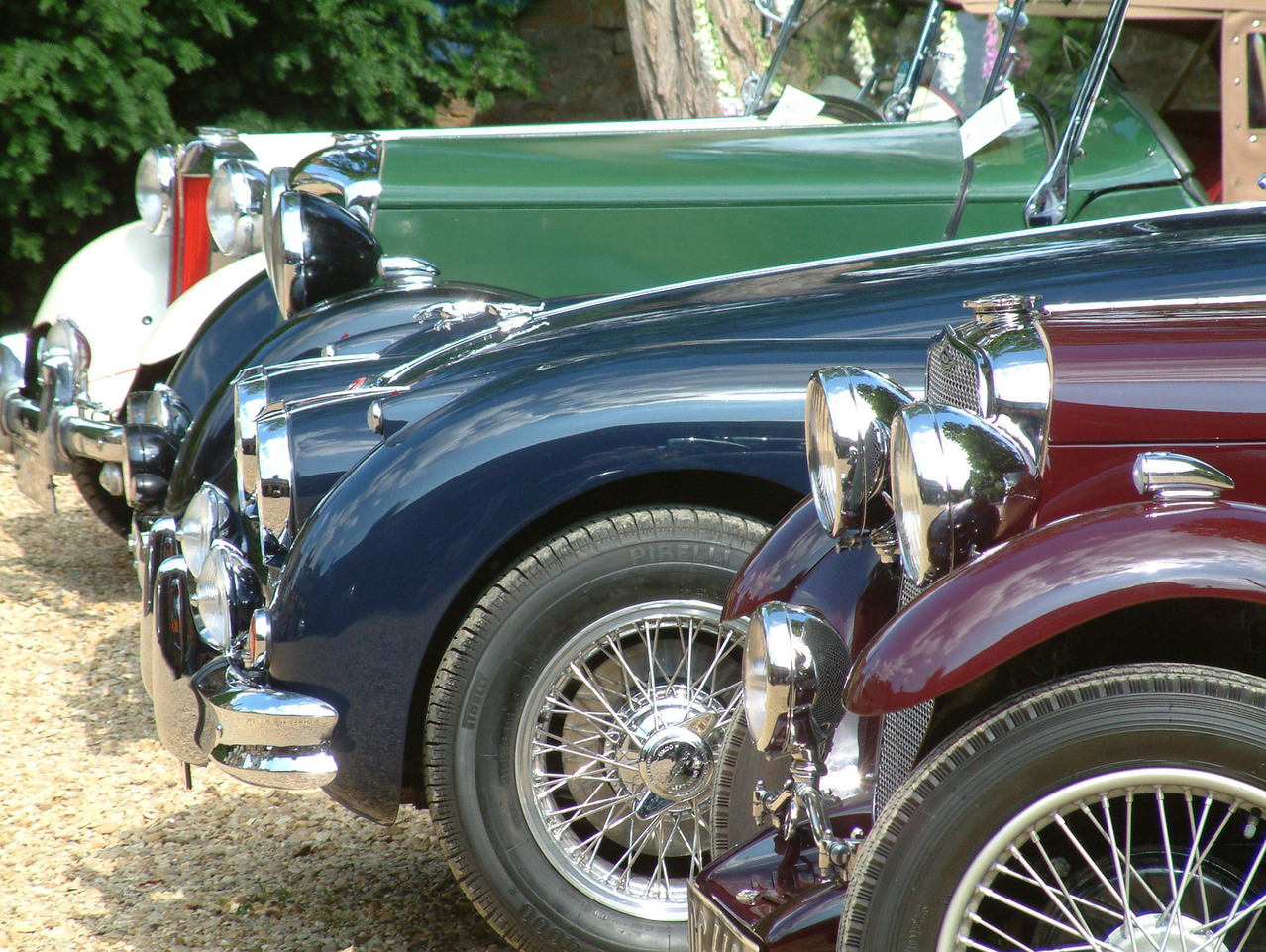- March 25, 2016
- Posted by: Liam Dai
- Category: Auto Insurance

Classic Car Insurance vs. Standard Car Insurance—What’s the Difference?
Any car aficionado will tell you that there’s a HUGE difference between a classic car like a 1969 Boss 429 Mustang versus a 2012 Toyota Camry. Insurance is no different. You may have heard about classic car insurance, but not known whether your ride qualifies. In this article, we’ll take a look at the various factors for insurance that affect your prized investment.
What’s the Difference?
Cost: It may surprise you, but classic car insurance (also known as antique car insurance) is actually cheaper than standard auto insurance. Why? Because you’re not driving regularly. The catch is that insurers typically restrict the amount you can drive the vehicle, so be sure to see if you won’t be featuring your car in parades, shows, or meetups.
Value: Older vehicles appreciate in value, so classic car insurers insure your car beyond what you initially spent for it. As an example, if you purchased a vehicle in 1981 for $1,200, now valued at $12,000, you should expect to receive the current value if your vehicle is totaled—not the original price. For standard car insurance, the original price you paid in 1981 would apply. BIG DIFFERENCE!
Restoration: Regular car insurance typically doesn’t waver from the same amount of coverage for the duration of time you own your vehicle. Classic car insurance may change for a number of factors. For instance, if you restore a vehicle from poor condition, increasing its market value, your insurance rates and coverage will change. This is also for vehicles that depreciate over time or fall into disrepair.
Eligibility for Classic Car Insurance
Insurance companies do require several criteria to be eligible for class car insurance:
- Vehicles that are 25 years or older qualify as antique or classic cars. \
- No major incident on driving record
- 10 or more years of driving experience
- No teenage drivers on the policy
- No individuals with poor driving records on the policy
- A secured storage facility or garage where the vehicle is kept
- Another vehicle for daily transportation
- Proof that the car will have limited mileage placed on it (ie. odometer readings)
There may be other factors that influence different companies. Generally, if you cannot meet these qualifications, you may be offered a policy that only covers the face value of the vehicle, or charged a large premium.
In addition, there is a also general antique/classic car insurance policy and specialized one for vehicles that are classified as custom, exotic, or collectible. These are subject to further qualifications.
More Info on Value…
There are a few different types of value that influence your deductibles and coverage:
Agreed value: The most common type of value, agreed value is the worth that you and your agent have created based on the documentation and proof you’re required to provide. Usually, you won’t be charged a significant deductible (if any) with an agreed value.
Actual cash value: This is the actual cash value you can expect to get with regular car insurance. This is equivalent to the replacement cost minus deprecation of the vehicle.
Stated value: This is the value that you’ve stated your vehicle is worth. Premiums and deductibles tend to high, as the insurer is “taking your word for it.” Nowadays, it is rare that stated value alone will qualify as proof of your vehicle’s worth.
* * *
RiskBlock understands the value of owning classic cars and antique vehicles. It can be a bit confusing for owners, as every car presents a unique situation. Click here to begin the process to ensuring that your pride and investment is covered for its worth and value.
